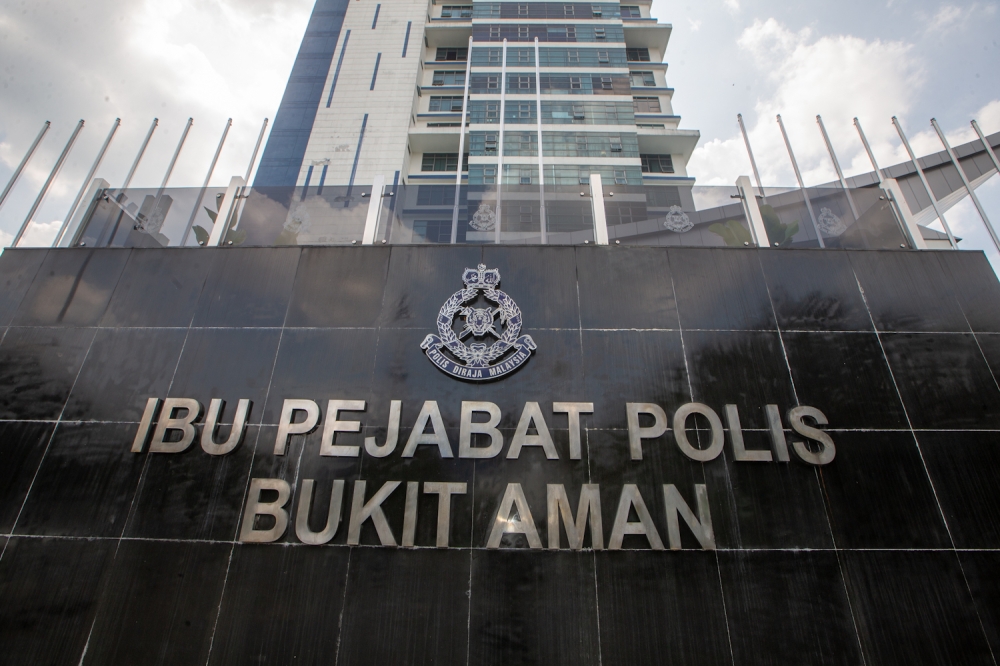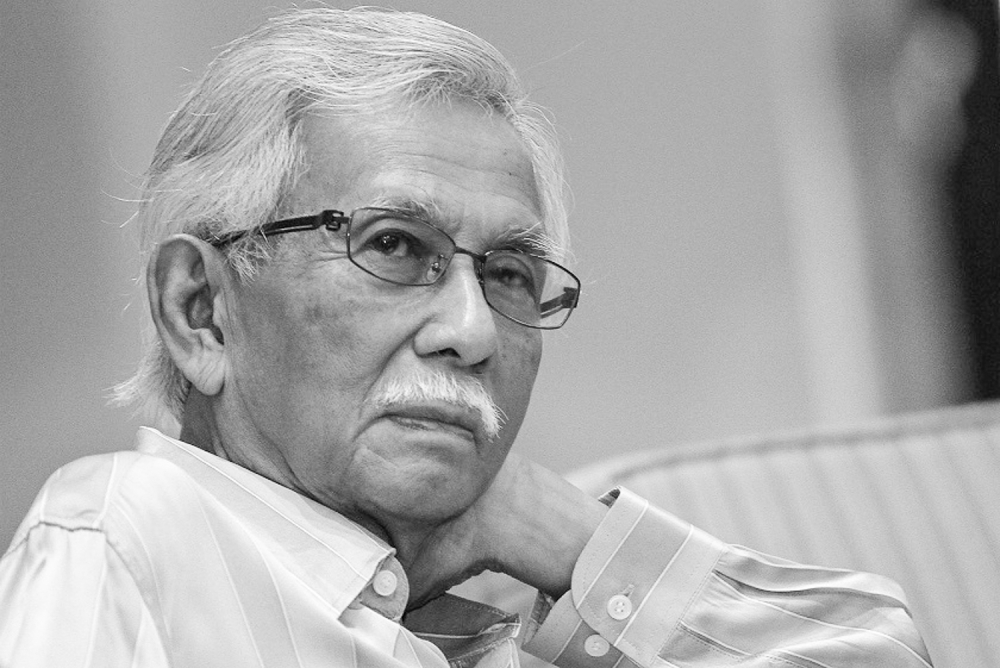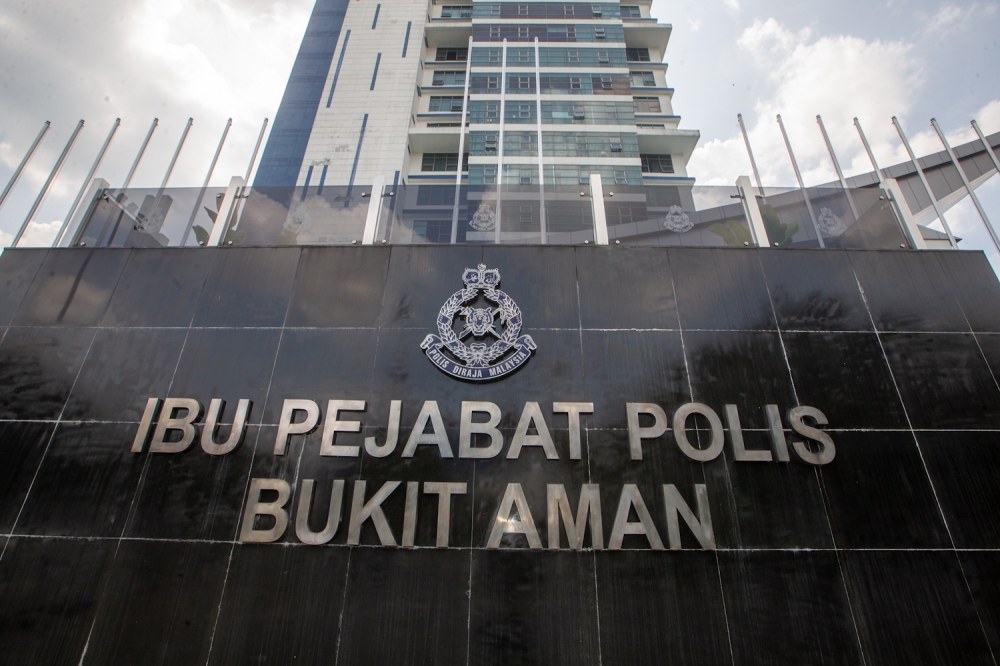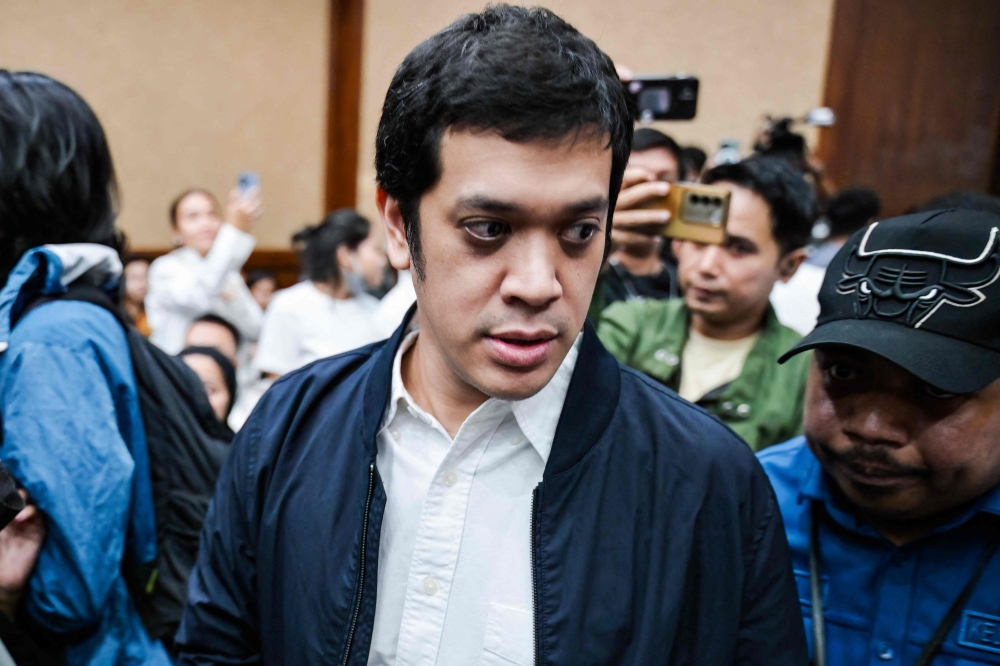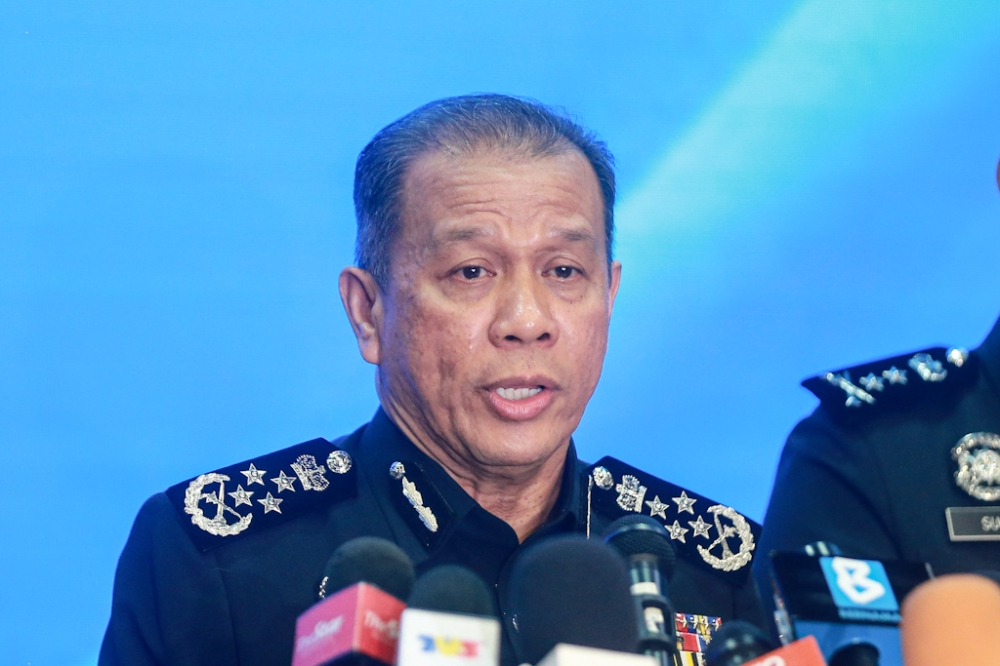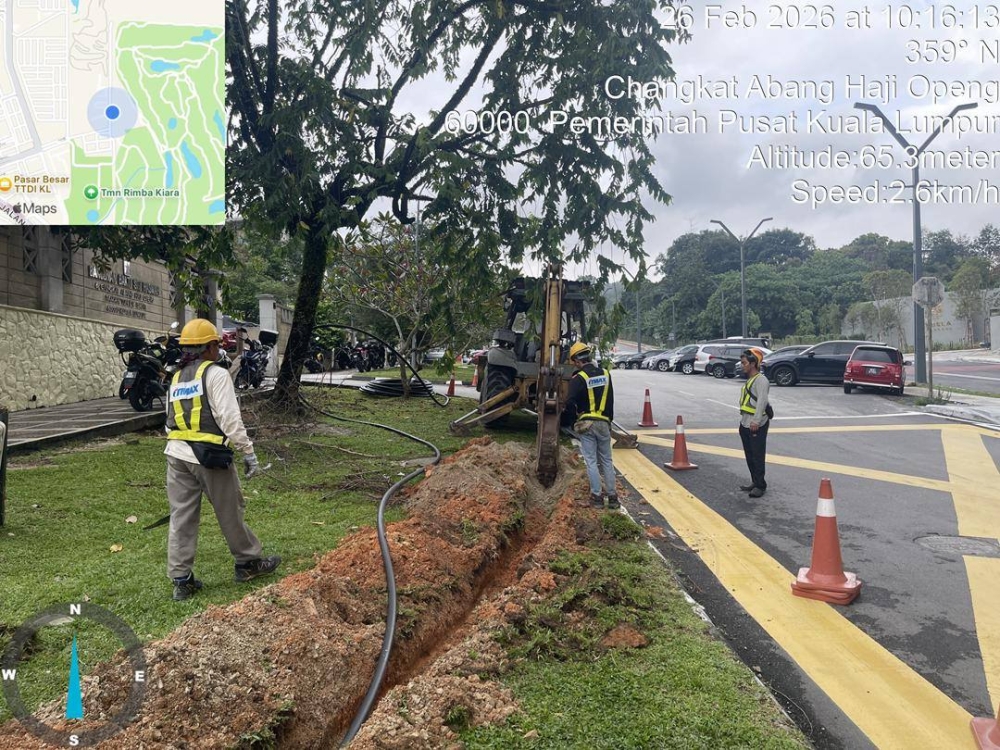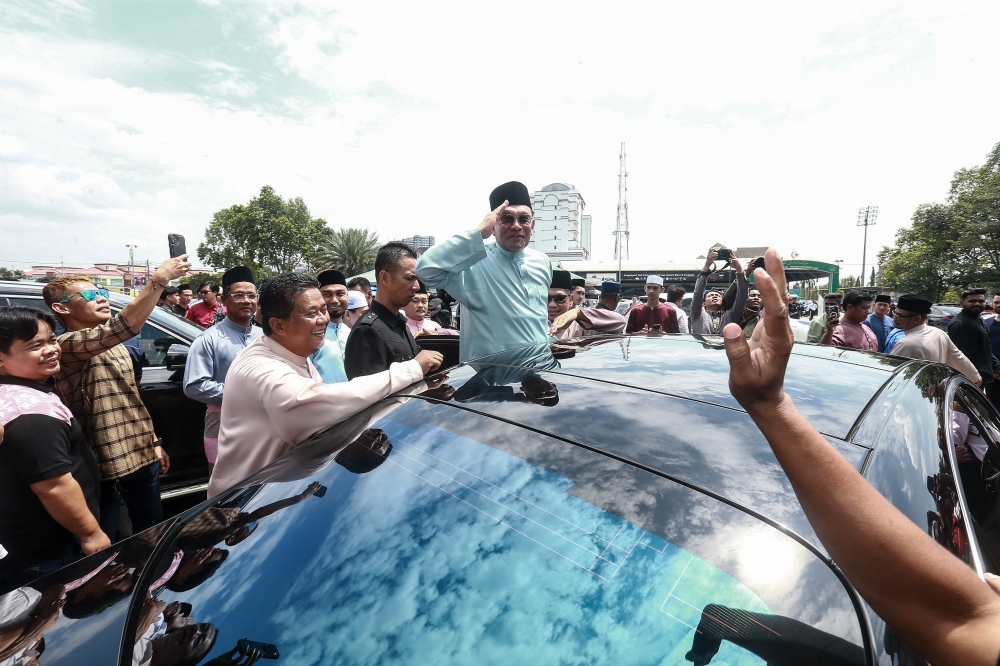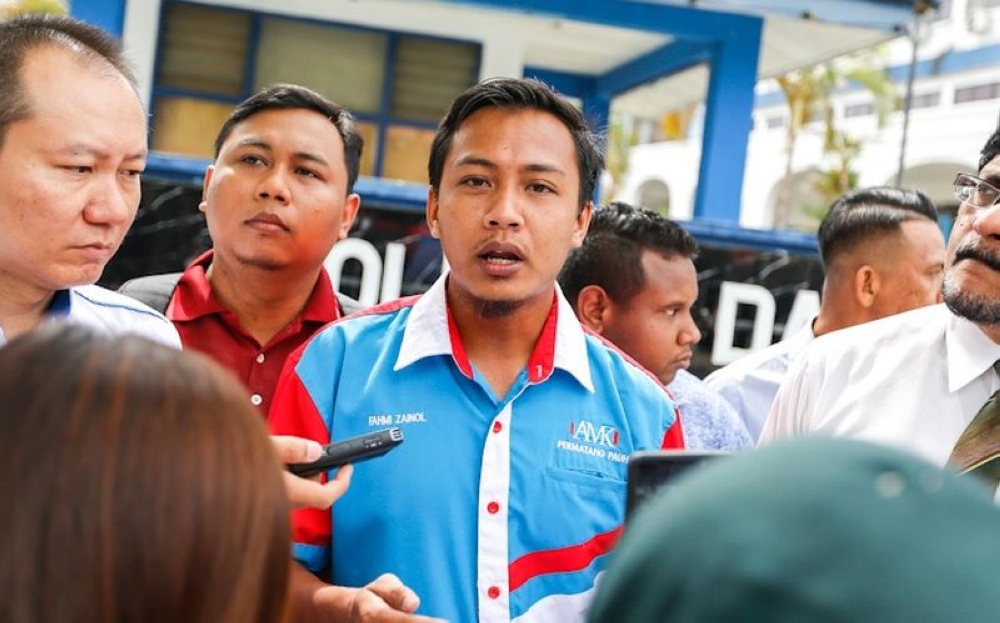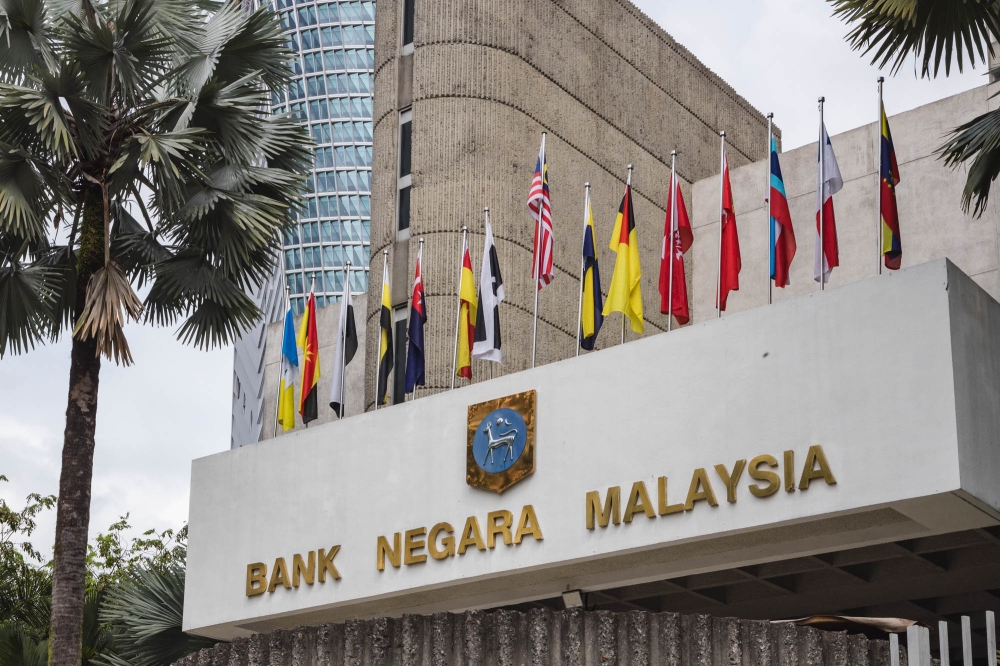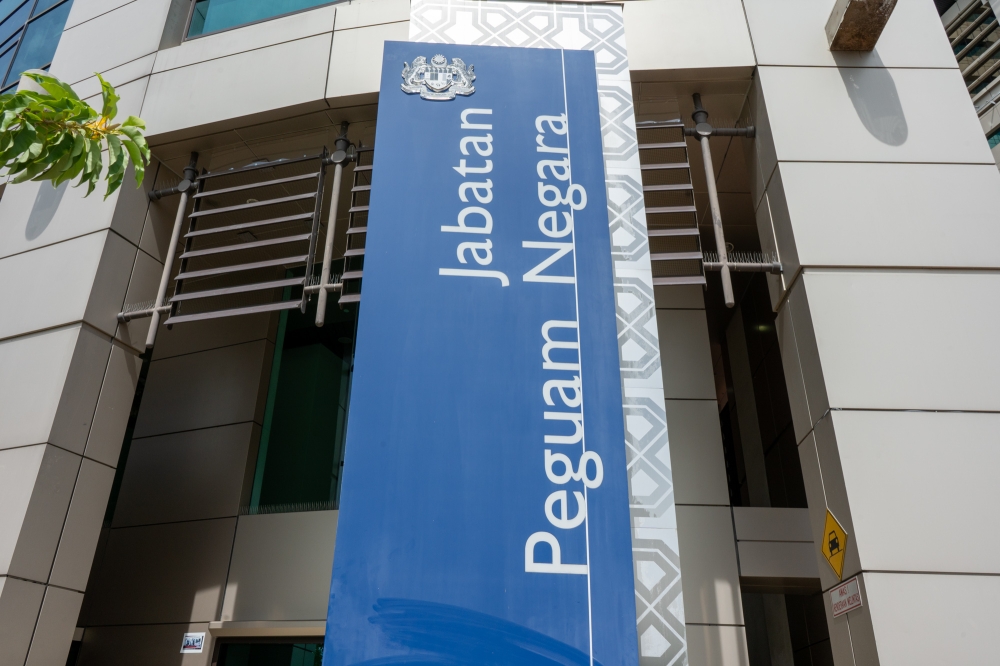JUNE 18 — It can be argued that the single biggest destabiliser of Malaysian politics is the manner in which party-hopping MPs are able to effect changes in government.
In Malaysia, such party-hopping has caused greatly destabilising changes in the federal government and multiple state governments.
Even worse however, is the manner in which the threat of party hopping which results in the collapse of a given government remains a potentially destabilising factor at every turn, causing governments to become perpetually distracted and unable to govern effectively.
The constantly looming threat of a government’s collapse via party-hopping makes a government dysfunctional and distracted, and a dysfunctional and distracted government tends to completely neglect the true well-being of the rakyat.
While politicians are failing to address this problem adequately, it falls to civil society to come up with ways to prevent our democracy and electoral mandates from being constantly hijacked and treated like a joke.
One such instrument to prevent party-hopping is recall elections. This instrument is used in countries like the United Kingdom, Taiwan, Colombia, and the United States.
Recall elections is a mechanism by which elected representatives who have defected from their parties (or parties who have defected from a coalition) can be removed by their constituents through a midterm by-election process. This can be done through a petition calling for the resignation of an MP by their constituents. When the petition reaches a predetermined threshold, the MP shall then be compelled to resign from their post. Following this, a by-election can then take place.
Besides party-hopping, recall elections can also be called in cases where elected representatives are absent from at least 80% of legislative seatings and in cases where elected representatives are convicted for non-compoundable offences.
Recall elections serve to empower the people. As a voter-centric procedure, it allows the people to exercise their voice and choice through the electoral process as is their right in a democracy. Recall elections remove the power of political individuals or any one party to single handedly cause a significant change of government through party-hopping.
The key game changing feature of recall elections is that they might act as an extremely effective deterrent to any elected officials who are considering supporting someone else as chief executive (ie, supporting a different candidate for Prime Minister or Menteri Besar).
After all, there is no point in trying to effect a change of government if attempting to do so will force an elected representative to face elections once again – the results of which can never be guaranteed.
Currently, an elected representative faces absolutely zero repercussions if they decide to switch support to a different candidate for chief executive. This means there is on one hand nothing at all to deter them from party hopping, and on the other, multiple incentives to entice them to change parties. They have everything to gain, and nothing to lose.
With recall elections however, that same elected representative now has everything to lose, should he or she lose in those recall elections. Such a loss would mean that they have lost everything, and gained nothing. The people who are trying to entice such a representative to switch parties would also then not be incentivised to offer inducements, as their support would be subject to going back to the voters to get a new mandate anyway.
There are a myriad of reasons why an elected representative party-hops. Although personal gain may be a reason, it is not true that party-hopping is in and of itself unethical in all cases. Elected representatives may find themselves sacked by their party. They may voluntarily resign from their party when their party betrays the mandate or if they lose confidence in the party leadership. Not all cases of party-hopping are “bad”.
At present, Article 48(6) of the Federal Constitution says that representatives who resign or are forced to resign are barred contest in general elections for the next five years. Given that there may be reasons related to ethics and integrity for an elected representative’s defection, it would be reasonable for Article 48(6) to be amended to allow representatives who resign to contest.
As recall elections represent the majority voice of the constituency, the outcome for the defected representative lies in the hands of the constituents who decide if they want to sack or keep their representative. Clearly the reason for defection influences constituents’ vote and if the majority chooses to keep their representative, the representative remains in office.
Besides keeping elected representatives accountable, recall elections serve as a remedy for the disillusionment of voters in this era of backdoor governments, U-turn governments, and the dissatisfaction resulting from rampant party-hopping and in-party fighting. The people do not need unnecessary drama, but leaders who carry out the mandate entrusted to them by their constituents with laser lucid focus.
Recall elections return the dignity of voters. The vote remains respected outside of the general elections, showing the voters that their voices and choices matter. When voters realise this, they are encouraged to go out and cast their vote with the confidence that their vote will not be robbed and their choices are not circumvented by political agenda. One vote in five years is certainly not enough to make the changes voters want to see, especially with the volatility of today’s coalitions and political parties.
Malaysia’s present and her future must be steered by the choices and voices of the people, and not by any political individual nor party. To ensure that the people remain in power, it is imperative for the voice of Malaysians to be honoured and to be treated as sacred both during and outside of general elections.
*Faisal Abdul Aziz serves as the President of the Muslim Youth Movement of Malaysia (ABIM).
**Deborah Chow works with BERSIH 2.0 for the 'Sack or Keep?: A Simulated Recall Election Campaign by BERSIH 2.0' which launches 21 June.
**This is the personal opinion of the writers and does not necessarily represent the views of Malay Mail.

